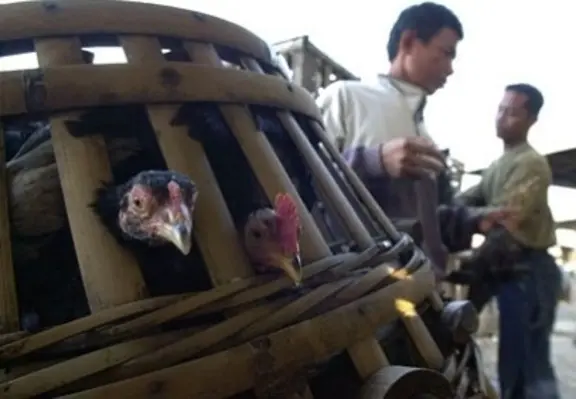FAOs commitment to fight emerging disease threats in hotspot regions worldwide is getting a boost with new funding from the United States Agency for International Development (USAID), FAO said in a statement
The funding, totalling more than US$20mn, will support the ongoing US-FAO partnership against H5N1 highly pathogenic avian influenza (HPAI) and a widening focus on potential emerging pandemic threats.
The US assistance will help strengthen preparedness and response to HPAI in Southeast Asia and bolster laboratory and surveillance capacities in hotspot areas.
The majority of the funding will support activities in Bangladesh, China, Indonesia and Viet Nam, which continue to experience outbreaks of H5N1 HPAI in poultry as well as cases in humans, some fatal.
Funding will also go to regional coordination to combat avian influenza and to support surveillance and prevention in Cambodia, Lao PDR, Nepal and Myanmar, which are threatened by the disease's continuing persistence in neighbouring countries.
These countries continue to have sporadic outbreaks, indicating the H5N1 virus continues to circulate in poultry and remains a threat to poultry production, human health and the livelihoods of millions of vulnerable farmers who depend on poultry raising for their basic food needs and a means of making a living.
"The US Government has been key in generating international support to combat avian influenza and to reduce the chances for a human pandemic by assisting FAO and others to address the threat in animals before it spills over into humans. Such support for basic prevention measures is rare, yet most sensible and cost effective," said FAO Chief Veterinary Officer Juan Lubroth.
" Through the partnership between USAID and FAO we look forward to being able to continue to provide a broad range of technical, operational and commodity support to those countries most vulnerable to the threat of zoonotic diseases," said Dennis Carroll, director of USAID's Avian Influenza and Other Emerging Threats Unit.




